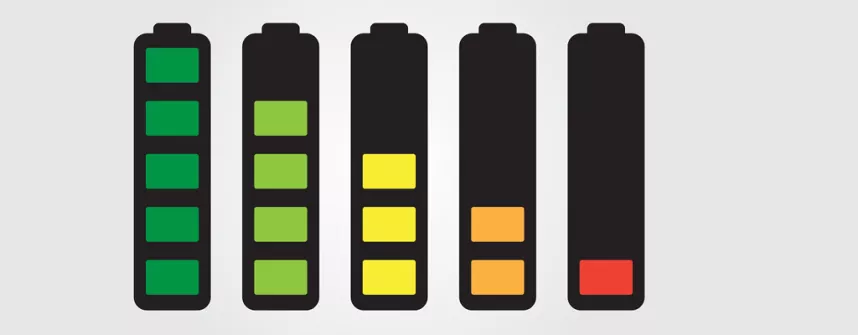More environmentally friendly and more powerful: research on the battery of the future
May 30, 2017
Whether for electro-mobility or as a storage medium for the energy turnaround. Lithium batteries are a key technology. In a joint three-year project, sponsored by the German Federal Ministry of Economic Affairs and Energy, scientists at Jacobs University are doing research on a new generation of high-energy lithium batteries. “Our goal, together with our cooperating partners, is to develop batteries with distinctly higher energy density,” says Professor of Chemistry Gerd-Volker Röschenthaler.
The scientists at Jacobs University specialize in cathodes. Usually, the cathodes in batteries – meaning electrodes at which a reduction reaction takes place – consist of metal oxides. In contrast, the researchers at the private university are relying on fluorinated organic materials made of carbon, oxygen, or nitrogen. They have a number of advantages. They are marked by great structural variety and energy and are less toxic in production and disposal, making them more sustainable than metal oxides – and more affordable. As a raw material, it may even be possible to use biomass.
The working group of Professor Röschenthaler is the leader Germany-wide in the production of fluorinated organic compounds and has been active in battery research for a long time. It holds multiple patents, including for the conductive salts and solvents contained in batteries. For instance, it has succeeded in developing a battery that switches itself off at a prescribed voltage – a breakthrough for safety. Along with BASF AG and Robert Bosch GmbH, the battery research center MEET of the University of Münster is also participating in the research project.
“Batteries are a highly complex system, which is not easy to control,” says Professor Röschenthaler. “When you turn a wheel, it has a variety of effects.” It is true that lithium batteries were invented in Germany in the 1970s, but in the meantime, countries like Japan, South Korea, and China are the leaders in their manufacture. In order to close the gap, the German Federal Government is supporting research and development in cell and battery technology. The project “High-energy lithium batteries for automotive and stationary applications” alone has received 20 million Euro; 510,000 Euro of that going to the researchers at Jacobs University.
Questions will be answered by:
Gerd-Volker Röschenthaler | Professor of Chemistry
g.roeschenthaler [at] jacobs-university.de | Tel.: +49 421 200-3138
